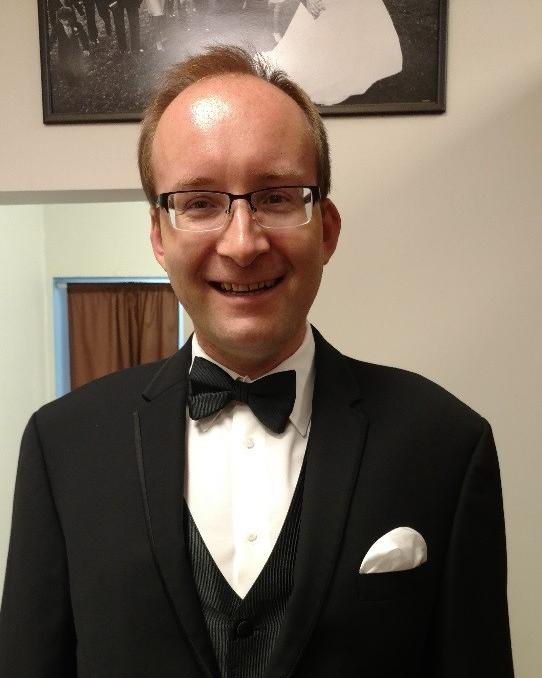
- This event has passed.
Seminar Speaker: Sergei Kalinin, University of Tennessee-Knoxville
March 24, 2023 @ 11:00 am – 12:00 pm
Machine Learning and Automated Experiment in Microscopy: From Learning Physics to Making Better Materials

Abstract
Machine learning and artificial intelligence (ML/AI) are rapidly becoming an indispensable part of physics research, with domain applications ranging from theory and materials prediction to high-throughput data analysis. Over the last several years, increasing attention is attracted to the use of AI interacting with the physical system as a part of active learning – including materials discovery and optimization, chemical synthesis, and physical measurements. For these active learning problems, microscopy arguably represents an ideal model application combining aspects of materials discovery via observation and spectroscopy, physical learning with relatively shallow priors and a small number of exogenous variables, and synthesis via controlled interventions. In this presentation, I will discuss recent progress in an automated experiment in electron and scanning probe microscopy, ranging from feature to physics discovery via active learning. The applications of classical deep learning methods in streaming image analysis are strongly affected by the out-of-distribution drift effects, and the approaches to minimize though are discussed. I will further illustrate the transition from post-experiment data analysis to an active learning process, including learning structure-property relationships and materials discovery in composition spread libraries. Here, the strategies based on simple Gaussian Processes often tend to produce sub-optimal results due to the lack of prior knowledge and very simplified (via learned kernel function) representation of the spatial complexity of the system. Comparatively, deep kernel learning (DKL) and structured Gaussian Processes methods allow us to realize both the exploration of complex systems towards the discovery of structure-property relationship and enable automated experiment targeting physics (rather than a simple spatial feature) discovery. The latter is illustrated via the experimental discovery of ferroelectric domain dynamics in piezoresponse force microscopy. For probing physical mechanisms of tip-induced modifications, I will demonstrate the combination of the structured Gaussian process and reinforcement learning, the approach we refer to as hypothesis learning. Here, this approach is used to learn the domain growth laws on a fully autonomous microscope. The future potential of Bayesian active learning for autonomous microscopes is discussed. These concepts and methods can be extended from microscopy to other areas of automated experiments.
Speaker Biography
Sergei Kalinin is a professor at the University of Tennessee, Knoxville, following 20 years at Oak Ridge National Laboratory and a year sabbatical at Amazon. He received his MS degree from Moscow State University in 1998 and his Ph.D. from the University of Pennsylvania (with Dawn Bonnell) in 2002. His research focuses on the applications of big data and artificial intelligence methods in materials discovery and atomically resolved imaging by scanning transmission electron microscopy and scanning probes for applications including physics discovery and atomic fabrication, as well as mesoscopic studies of electrochemical, ferroelectric, and transport phenomena via scanning probe microscopy. Sergei has co-authored >650 publications, with a total citation of >45,000 and an h-index of >105. He is a fellow of MRS, APS, MSA, IoP, IEEE, Foresight Institute, and AVS; a recipient of the Feynman Prize of Foresight Institute (2022), Blavatnik Award for Physical Sciences (2018), RMS medal for Scanning Probe Microscopy (2015), Presidential Early Career Award for Scientists and Engineers (PECASE) (2009); Burton medal of Microscopy Society of America (2010); 4 R&D100 Awards (2008, 2010, 2016, and 2018); and a number of other distinctions.